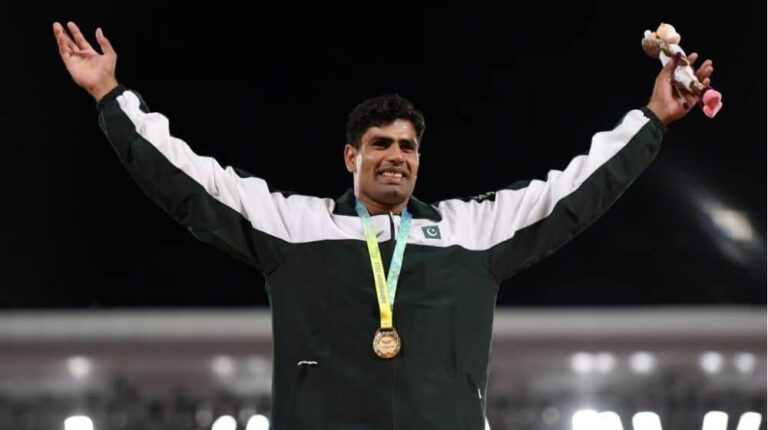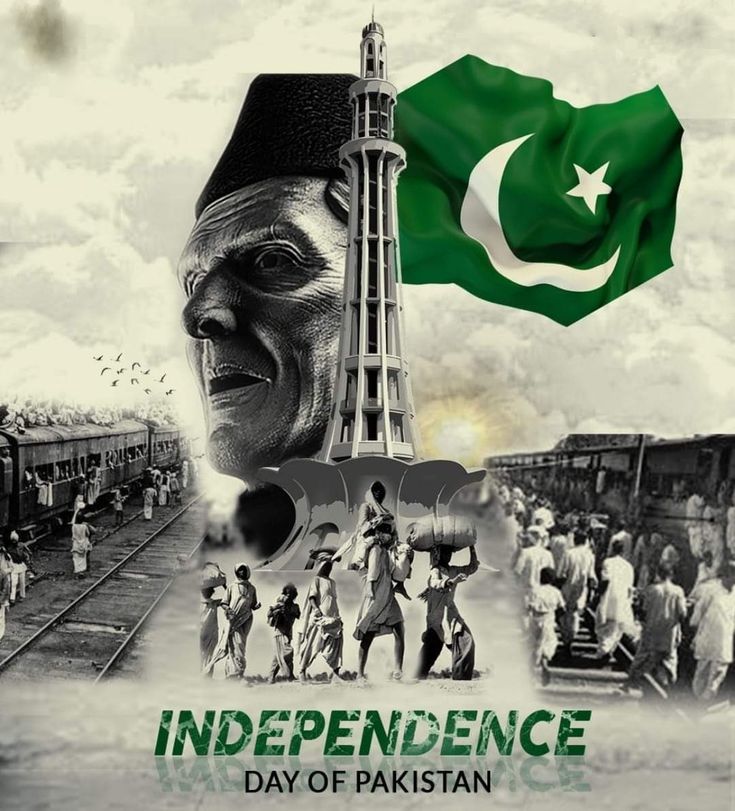Defence Day in Pakistan, 2024
Defence Day in Pakistan, 2024
In Pakistan, Defence Day is
celebrated on the 6th of September. This day is celebrated in remembrance
of the war which was fought between India and Pakistan on the Wagah Border in
Lahore.
In this war, the Pakistani soldiers
fought bravely and protected their country from the Indian army attack.
You can also read about independence day in Pakistan, 2024
Explanation (History):
6th September is one of the
most important days in the history of Pakistan. On 6th September
1965, the Indian army crossed the borders of Pakistan without a formal declaration
of war.
In this war not only our brave soldiers
were fighting to defend the country but the whole nation was indulging in this
war to protect their country from foreign invasion.
Our army and the whole nation fought
bravely and defeated the Indian army and made them step back.
The causes of this war are back from
the history and the border conflicts and the Kashmir dispute between these two
countries. Also, the war of Raan of Kutch played a significant role in it.
Reasons:
The war of Raan of
Kutch:
Encounter at the Raan of Kutch flared in September
1965 almost accidentally. As a result of this Pakistan and India found
themselves indulged in a war.
The
story of this dispute is from those days when it was British rule in the subcontinent.
The Raan was the bone of contention between the state of Kutch and the British
province of Sindh.
When the subcontinent was divided, the
Kutch was given to India while Sindh was given to Pakistan.
Then in 1965, the border incidents
were frequently occurring from January. The Indian soldiers at the border were defeated
frequently by Pakistan.
To settle this dispute the British
Prime Minister, in the Commonwealth Conference in Britain, persuaded these
countries to sign an agreement on June 30 to resolve this problem.
The Lahore Offensive:
On 6th September 1965, at 3:00 am
the Indian forces started an undeclared war in Pakistan. They attacked Lahore when
no one knew about the war.
The domestic India-Pakistan war turned
into an international war and raised the superpower’s concerns.
The U.S. used to supply them with military
weapons but during the war, the U.S.
stopped supplying the weapons during the war time to both countries.
To prevent the subcontinental
conflict from spreading to the rest of the world, the Soviet Union and the
unified States unified in their stance. China gave Pakistan military backing
and threatened to step in. Both the US and the USSR put pressure on the UN to
set up an instant ceasefire to keep China out of this conflict.
The United Nations served as the
primary diplomatic platform for efforts to end hostilities, and on September
23, 1965, a ceasefire was declared.
Afterward, the Soviet Union, which had stayed neutral during the conflict
between India and Pakistan, acted as a middleman in Tashkent. On December 8, a
communiqué from the Soviet Government publicly declared that on January 4,
1966, Indian Prime Minister Shastri and Pakistani President Ayub would meet in
Tashkent.
The dates of the Tashkent Conference were January 4–January 10. As a broker of
peace, Soviet Premier Kosygin was praised. The primary accomplishment of the
Conference was to return all armed personnel to their pre-August 5, 1964
positions by February 25, 1966, at the latest.




